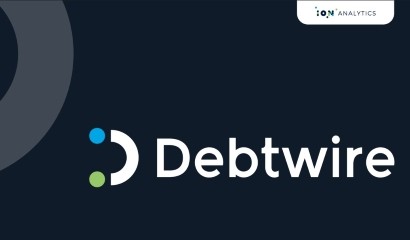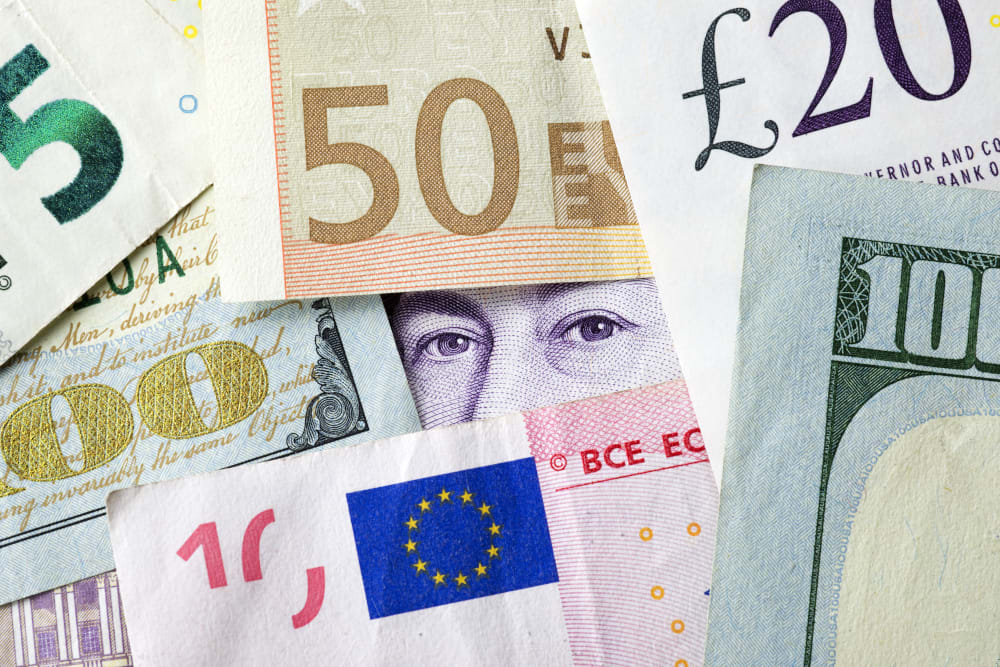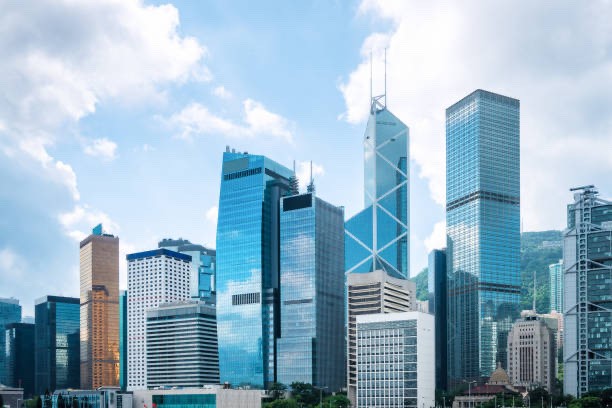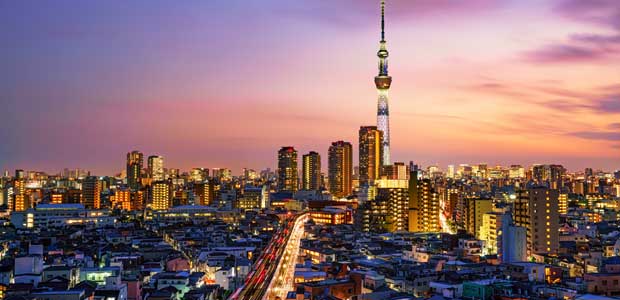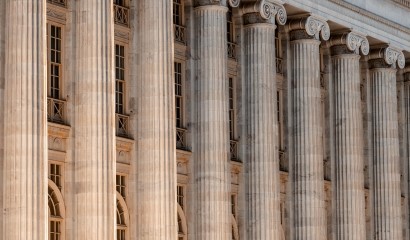Egypt emerges as strategic gulf investment hub despite regional conflicts
As geopolitical tensions rise from Lebanon to Sudan, Egypt continues to draw substantial investment from Gulf countries. This week, Saudi Arabia’s Public Investment Fund (PIF) announced the first phase of a USD 5bn injection into the Egyptian economy, further strengthening Cairo’s financial position.
Earlier this year, Abu Dhabi committed USD 35bn, while Qatar announced a series of investments to the tune of USD 5bn in 2023, reinforcing Egypt’s role as a major investment hub for Gulf Cooperation Council (GCC) countries, despite regional instability.
This flow of capital is expected to grow as Egypt aligns its policies with International Monetary Fund (IMF) reforms. James Swanston, an economist at Capital Economics, noted that Gulf investors are attracted by Egypt’s potential for accelerated growth driven by policy changes, alongside opportunities to acquire undervalued assets.
However, it remains unclear whether Saudi Arabia’s USD 5bn investment constitutes fresh capital, or if the Kingdom plans to convert part of its USD 10bn deposit at the Central Bank of Egypt (CBE) into local investments—similar to Abu Dhabi’s strategy earlier this year.
Saudi Minister of Investment Khalid Al Falih mentioned in August that these deposits could be converted into investments. According to reports, this money could be spent on projects like the Ras Gamila resort on the Red Sea.
The Kingdom’s investment signals a strong endorsement of Egypt’s economic recovery and is likely to attract further investors, according to Abishur Prakash, founder of The Geopolitical Business, a Canadian strategy advisory firm.
UAE-based companies, such as DP World, started investing in Egypt after Abu Dhabi’s USD 35bn commitment. UDC Real Estate Development Company also announced a USD 2bn project the day before Abu Dhabi’s investment was confirmed.
“At a time when geopolitical instability is spreading, especially after recent events in Lebanon, many across the Middle East and North Africa are likely searching for bright spots. Egypt, emerging from economic crisis and buoyed by support from Saudi Arabia and the UAE, may be exactly what they are looking for,” said Prakash.
Egypt’s USD 1.5bn 8.7% 2049 bond prices have risen over the past month, climbing from 73.31-mid in early August to 81.15-mid today (19 September), according to IHS Markit.
Geopolitical Considerations
The motivation behind Gulf investments in Egypt may extend beyond economic incentives, with geopolitical factors likely at play. In Sudan, the civil war between the Sudanese Armed Forces (SAF) and the Rapid Support Forces (RSF) remains at a stalemate. Egypt, Saudi Arabia, and Iran have thrown their support behind the SAF, while the UAE has been accused of backing the RSF—claims it denies.
Some suggest the UAE’s USD 35bn investment in Egypt may be used to influence Cairo’s stance on Sudan, potentially reducing its support for the SAF. “It’s a geo-economic card Abu Dhabi could play,” said Prakash.
He warned though that using such leverage carries risks. If the UAE threatens to pull or pause investments to pressure Egypt, it could push Cairo further into the Saudi sphere of influence.
With Saudi Arabia’s Public Investment Fund injecting USD 5bn in fresh funding this week, the Kingdom is signaling its serious commitment to Egypt’s recovery and its strategic importance.
It’s not just in Sudan where the GCC countries can use their influence over Egypt though.
“Gulf investments in Egypt could be used to ensure that Cairo continues to align with Saudi and Emirati interests in containing Iranian influence in the region,” added one political analyst.





